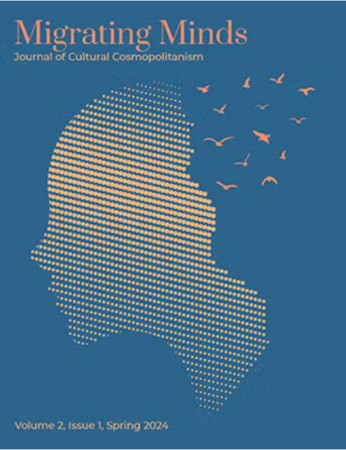A Laboratory of Experimental Ethics: Digital Cosmopolitanism in Samanta Schweblin’s Kentukis

Article / Journal
Author(s) / editor(s):
Marco Ramírez Rojas
Year: 2024
Language(s): English
Abstract:
Samanta Schweblin is one of the most prominent figures in the contemporary Latin American panorama. Her narrative works Distancia de Rescate, Pájaros en la boca and Siete Casas Vacías explore the quiet horrors of family life and the looming menaces of industrialization and ecological disaster. In her novel Kentukis (2018), she peers into a dystopian world of human relationships mediated by technological artifacts that, under the disguise of innocent toys, create a global network of vigilance, dependency and interpersonal abuse. Challenging the boundaries of the novel, this kaleidoscopic work is organized in a fragmentary structure that shifts from one narrative capsule to another, offering a collection of narratives that span across the globe. The purpose of this article is to read Kentukis as a projection of the cosmopolitan ethical anxieties in a hyperconnected technological world. Drawing from the field of Experimental Ethics, I propose to interpret the collection of fictional narratives in this book as a series of ethical thought experiments. I contend that each one of the episodes presents the reader with an ethical puzzle aimed at testing the fabric of the ethical commitments towards strangers in the context of what can be called “digital cosmopolitanism.” Conceptually, this article is in close dialogue with Martha Nussbaum’s and Kwame Anthony Appiah’s theories of cosmopolitanism, Emmanuel Levinas’s ethical meditations, as well as with the concept of “digital cosmopolitanism” coined by Ethan Zuckerman.
https://repository.digital.georgetown.edu/handle/10822/1088563
Post created by: Lymor Wolf Goldstein